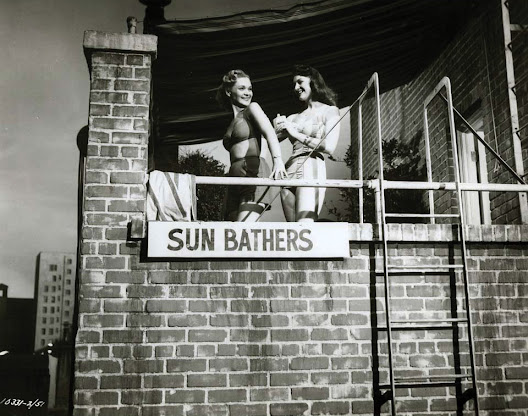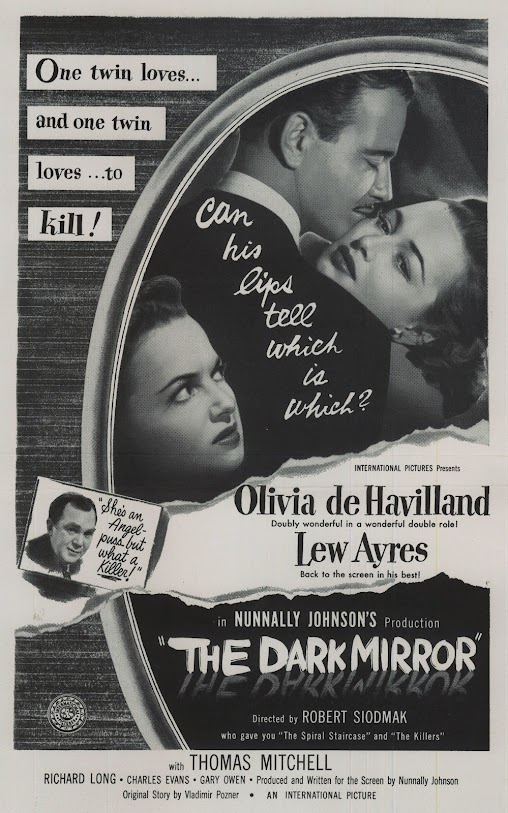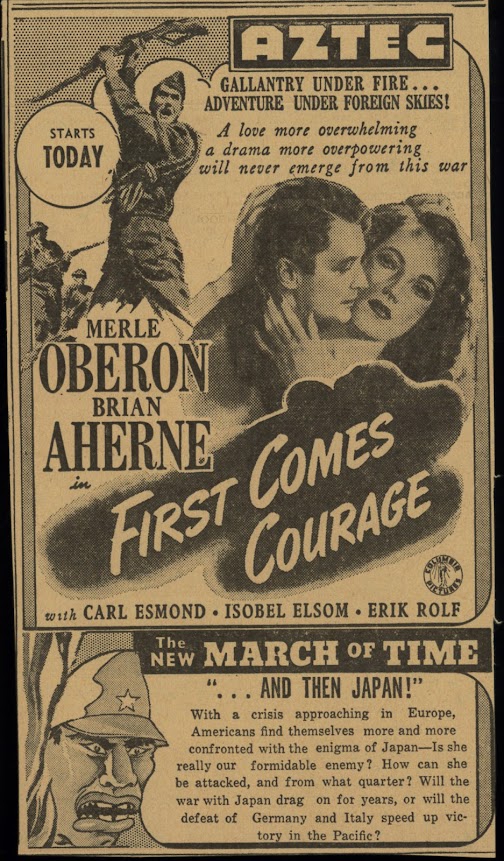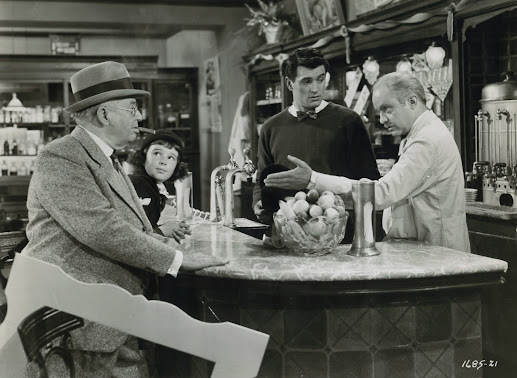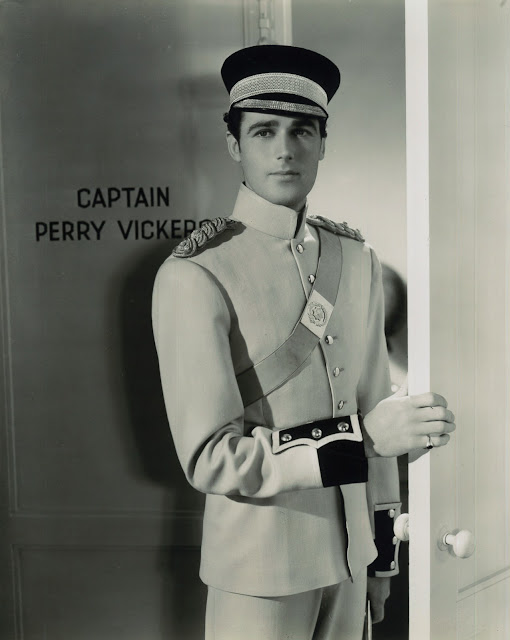Canon Fire #7
Among the One-Hundred: Rear Window (1954)
Time again to be honest re passage of time and taste. When does merely old become antiquity? Do I dare propose the eighties, even nineties? Look at You Tube and know this is happening, in fact has happened. Herewith quotes from a video clocking movies added of late to Amazon Prime and “Freevee,” as in separating bad from good, old from too old. Says the host on Hook (1991): “It holds up beyond your wildest dreams!” Then Kindergarten Cop (1990), which “still holds up to this day.” Of ancients lent to streaming, there is the venerable Breakfast Club from 1983: “Even though it’s quintessential eighties, so many of the themes and the things that people talk about in this movie are somehow still relevant today, even though we live in a vastly different world.” I’d ask all to ponder key words "somehow" and "vastly." Does somehow imply that things people talked about during the eighties are irrelevant apart from what’s talked about in The Breakfast Club? We might cede to the world being a vastly different place since 1983 --- heck, it's vastly different since 2020. To imagine human nature changes materially is the misnomer, whatever change in conditions. Much writing from the eighteenth century and before remains vital after all. I remember my mother in 1965 telling how she saw Dr. Jekyll and Mr. Hyde in 1932, “Movies were better then,” she said. “They certainly were,” I replied, having just come home from Zebra in the Kitchen at the Liberty.
Rear Window for so long seemed a freshest of AH output, “The People’s Hitchcock” you could show to crowd satisfaction, but what of now and seventy years going/gone since 1954? The YT videographer spoke of Hook in terms of nostalgia and wondered how his small child would react. Eureka! --- the kid loved it. There is urgency for what we long ago thought good to still be good. Are individuals judged by what they treasure as art? For most of life so far, I have thought Rear Window sure-fire, one to show civilians without fear of rejection. But think of all that has gone by boards. Were John Bunny fans still among us, they’d surely get feelings hurt by modern and culturewide kiss-off of the rotund comedian. Someday there might be no one left to defend Hook, or Kindergarten Cop, let alone Rear Window. There was time in early aughts (this century, not the past one) when Hitchcock on Greenbriar’s university screen was guarantor of seats filled. They knew him for entertainment coin of the realm. Psycho was Standing Room Only for four runs over a weekend. In fact, some did stand, and gladly. Rear Window was similarly socko. I'd hesitate to drive up the mountain twenty years later and try again. For being boon companion since seeing it first on NBC in 1965, there is no chance Rear Window will fade in my estimation (certainly not now in 4K), but how about we watch again, if possible through eyes of those who venerate The Breakfast Club, and at least guess how these might respond to Rear Window.
Rear Window survives in a world of central air and storm windows with screens. My childhood lacked air-conditioning, at home or school, this an aspect of growing up less recalled as I prefer pleasanter memories. Do general states of ongoing discomfort fade with passage of time? Pall hangs over L.B. Jeffries that is fear and dread of marriage --- were his parents unhappy? --- Jeff, if the age of the man portraying him, would be forty-six. Maybe the broken leg reminds Jeff that life trotting a globe with cameras is done for him. Two broken legs at Rear Window’s finish further implies an end to that lifestyle. I’d say Jeff will remain in New York and do portraits as arranged by helpmate and inevitable wife Lisa. They will not know again such excitement as exposing the Thorwald killing, but life deals routine to all eventually, wisest of us accepting it. Jeff never exits his wheelchair to sleep or take physical therapy, latter not mentioned as necessary component to recovery. Sandwiches as prepared by “Stella” (Thelma Ritter) are bland in the extreme, ham on white with but glaze of mustard. Jeff should appreciate more a lobster dinner Lisa has delivered from Sardi’s. He thinks she is too “perfect” and says so to a point of being tiresome if not outright cruel. I still wait for Kelly/Lisa to exit his drab environs and get back to bed with Gary Cooper, Clark Gable, or Ray Milland. Jeff seems to have midlife issues. Does Lisa really want to marry into that? Plaster cast Jeff wears is like a piano tied about his leg. Casts were once oppressive as that. So were teeth braces and other things that were supposed to fix us. Perhaps too late for me to break a limb or rejigger the mouth and find out what strides have been made in such areas.
Jeff doesn’t show much sympathy or understanding for Miss Lonely Hearts. Doesn’t he realize that she represents much of viewership for this movie? Jeff laughs too at the songwriter who in drunken despair sweeps away a composition he cannot complete. Maybe it is Jeff who has had life too “perfect.” Miss Torso juggles “wolves,” pushing one away who’d force himself through her door after a date. Miss Lonely Hearts has the same experience with a pick-up she unwisely invites in, so beautiful Miss Torso is no more blessed than baleful Miss Lonely Hearts, though we are relieved to see both end happy, or seemingly so. The new-wed couple after vigorous and days-long consummation hit reality's brick wall as Jeff regards it (along with Hitchcock and writer John Michael Hayes?). She nags, and he’s jobless. Small cruelties are easy overlooked. Lars Thorwald lovingly tends flowers, places one on his invalid wife’s dinner tray, which she tosses away. Grounds for murder? No, but hint at least for how wedded life came to this, and a detail easy to miss w/o benefit of 4K, or at least Blu-ray. Mrs. Thorwald ridicules rather than attacks Lars for furtive phone calling just outside their bedroom. She knows he has an interest elsewhere and doubts his capacity to make anything of it, as mean an insult as one partner could hand another. We don’t hear words between Lars and Anna, only tones discordant. Are they what Jeff and Lisa will become? What if those two damaged legs devolve into full disability, and it is Jeff who assumes the role of Mrs. Thorwald? He figures any marriage will come to rancor and says so, but by Lisa's straightforward 1954 definition, if they can’t wed, then they can’t be together, for Lisa must have a “future” to remain with Jeff.
Rear Window seems ideal to watch alone and late at night, an experience solitary and confined as L.B. Jeffries in his wheelchair. There is hypnotic sense of day turning dusk, then dark, slowly back, cycle repeated till denouement. Exposition is relaxed till maybe-murder is casually indicated, soothing background of Paramount songbook in seeming toto save Isn’t It Romantic. Rear Window is in that sense a cousin to also-1954’s Sabrina. Jeff takes time realizing what may have happened and then persuading others to agree. It’s progress for us and him when Lisa buys the premise and decides to help. Her commitment to pitch in assures Jeff’s commitment to her. But must she expose herself to terrible danger to qualify as his life partner? Can she now join him in hazardous travel and exposure to conditions that laid him up and may well again? Jeff’s wartime buddy “Tom Doyle” of the detective division (Wendell Corey) casts jaundiced eye upon Lisa’s overnight case with its negligee loose within. “Careful, Tom,” warns Jeff. Is this Tom’s display of moral dudgeon? Jeff pointedly asks “How’s your wife” when he catches Doyle staring out the window at Miss Torso. Jeff pre-empting Tom’s notice of another woman is not something a man appreciates from another man, certainly not one he went through combat with and who is now doing a large favor for him. Would/should any man judge a friend’s moral laxity other than when it’s his own wife or girlfriend the other guy is trespassing upon?
 |
| Where It Matters Most to Make Nice: Vacationing Exhibitor and Wife Visit the Set |
Raymond Burr had large expressive eyes. Nothing conveyed menace like those staring into us, as when Lisa points at the ring on her finger for Jeff’s benefit and Lars looks across the courtyard to realize his real quarry is there, Rear Window’s supreme wordless moment. But if Jeff is playing for time when Thorwald confronts him, why bother about flashbulbs? Why not assure Lars that he can and will retrieve the ring, then seek help during interim? Less excitement perhaps, but Jeff is at least spared another broken limb. John Michael Hayes (w/Hitchcock above) did a splendid job adapting and improving upon Cornell Woolrich’s source story. Maybe too splendid in a long run, as Hayes got recognition for Rear Window and three features to follow, critics lauding “team” work of director and writer. Hayes started out on $750 per week as a nobody hireling that was Hitchcock’s favorite sort of scribe, but then won awards all his own after Rear Window came off so well, a thing you didn’t do where working with Hitchcock meant working for him and never toward your own advancement. Here emerged dark-side genius Spoto wrote of, Hayes recounting years later the brush-off he got for not bending to shared credit with Angus McPhail on The Man Who Knew Too Much (1956), this as much to humble Hayes as to help Hitchcock's old friend, letting the younger writer know that berries can be given or snatched away. Fascinating is genius that will forfeit advantage to satisfy pique, human factor writ large. Would Rear Window have emerged as good without John Michael Hayes? Maybe not, but I doubt that occurred to Hitchcock one way or the other once he had enough of Hayes.



